Inquivix HQ
1-903, 18 Eonju-ro 146-gil,
Gangnam-gu, Seoul, Korea
06057

In today’s update on Inquivix Insights, we bring you news on how virtual reality is taking over the South Korean market. The virtual humans used in advertising are entering the entertainment industry, while virtual pets are getting more popular among the MZ generation. And the Cyworld app is expected to be relaunched after Google and Apple reviews. In the retail industry, many businesses are experimenting with pop-up stores to increase customer engagement and sales. And TMON, known for “Time Commerce”, is diversifying with other content to increase its sales. In global updates, Instagram has introduced a new feature to like “Stories” and Google has expressed its intention to further develop AI to compete with Amazon.
1. MZ Generation Is Enjoying Customized Virtual Pets
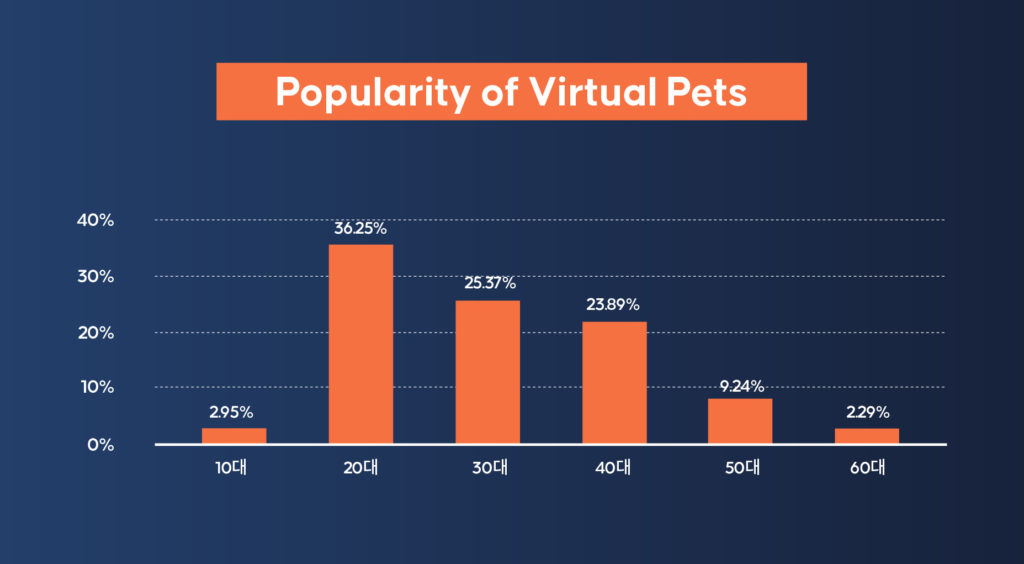
Generation MZ is driving the growth of the virtual pet commerce industry. According to a study by Mobile Index, which analyzed data from four virtual pet commerce firms, 62% of all users were in their 20s and 30s. The percentage of individuals in their 40s was 23.9%, those in their 50s had 9.2% and teenagers had 3%. Those who were over 60 years old made up just 2%.
2. Google Challenges Amazon in E-commerce

As Google continues to focus on artificial intelligence development, it is gaining a dominant position in the search industry as well as extending its reach into the e-commerce market. Google and Amazon are infiltrating one another in a variety of ways, with Google moving from search to e-commerce and Amazon moving from e-commerce to search advertisements. However, Google plans to set itself apart through its AI development.
Since January, Google has been pushing the message of having an overwhelming advantage in search through artificial intelligence (AI) as a powerful engine. It is the goal of maintaining a continuous virtuous cycle of invention: AI development leading to ad revenue and cloud income growth, then reinvesting into AI.
3. Instagram, You Can “Like” without DM
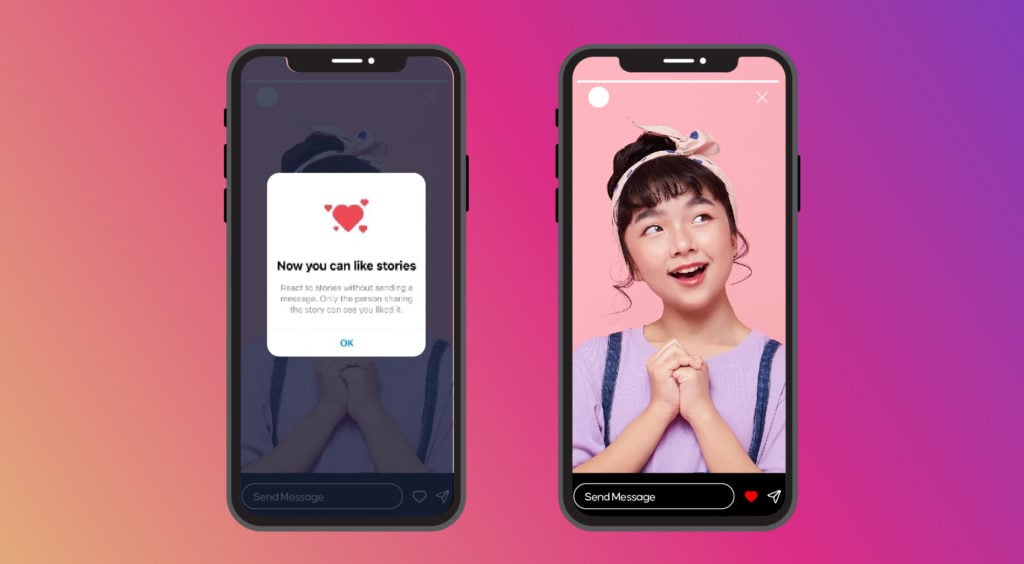
Instagram has introduced a new feature called “Private Story Like,” which allows users to ‘like’ stories without sending direct messages. You may send them a “like” by tapping on the heart symbol next to the message button. Until now, there were only two ways for reacting: sending messages and sending emoticons. Now there’s yet another way; give a simple like on the story the next time you want to show support!.
4. Distribution Industry Moves onto “Pop-up Stores”

Pop-up shops are quickly becoming a popular option for the distribution industry as a result of the difficulties they are facing due to extended COVID-19 conditions. The objective is to target the 2030 generation, which has become a big-handed consumer and is evolving into a form that encourages consumer engagement beyond brand marketing. It not only displays items but also establishes photo zones to promote interaction on social media. This is in light of the MZ generation’s propensity to consume activities via uploading their own photographs to social media. These pop-up stores were not solely concerned with selling products. It’s true that the items were highly popular, but photo booths and other social media activities also had high participation rates, particularly among young consumers.
5. Cyworld Submits New Version to Google and Apple For Review
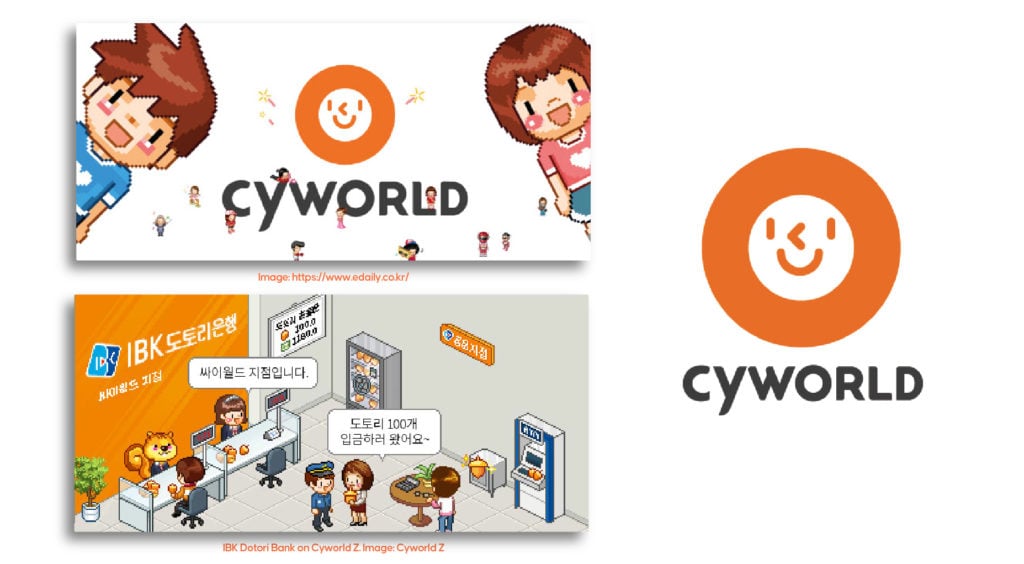
In order to ensure a smooth transition, Cyworld has announced plans to submit a new version of its Cyworld app to the Google Play Store and Apple App Store for approval. A new app icon that has been changed in design at the request of the market will be submitted as well. The firm expects that the Cyworld app will complete the Google and Apple app store evaluations by February may be reborn as an app if it is approved.
6. From Advertising to the Entertainment: “Virtual Humans” Expand Their Scope
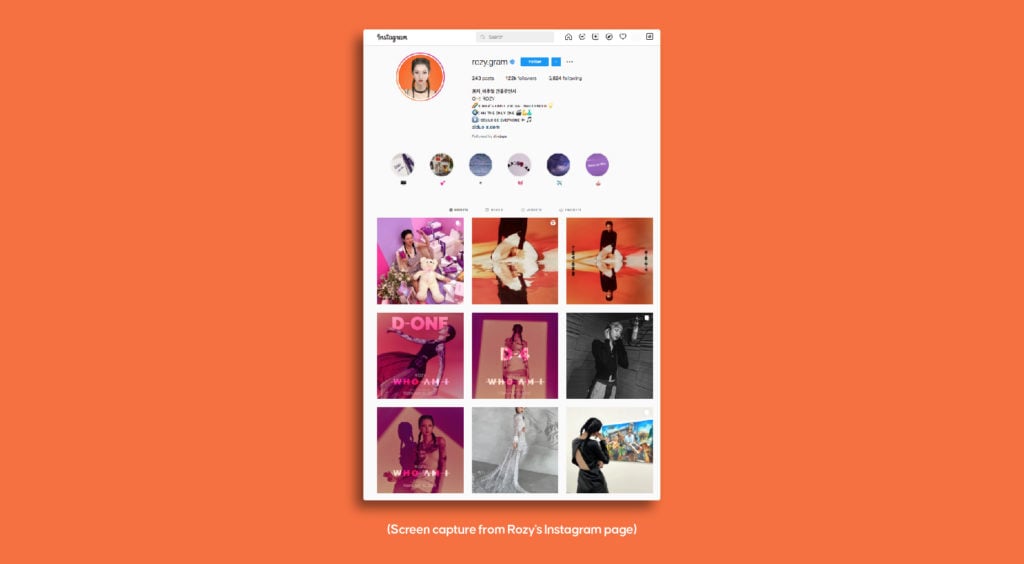
In the case of virtual influencers (virtual celebrities), who entered the marketing world and gained recognition, are now extending their activities in response to their fan base, by collaborating with entertainment businesses. When a big fandom like K-pop idols is built, more lucrative profit activities are possible with intellectual property rights (IP). And to gain from this opportunity professional entertainment strategy has to be employed. Following this strategy, on the 22nd, Rosie, a virtual human that recently swept the advertising sector, will release her debut music single album. This could be the next stage in the entertainment industry.
7. TMON Removed the Tag “Time Commerce”
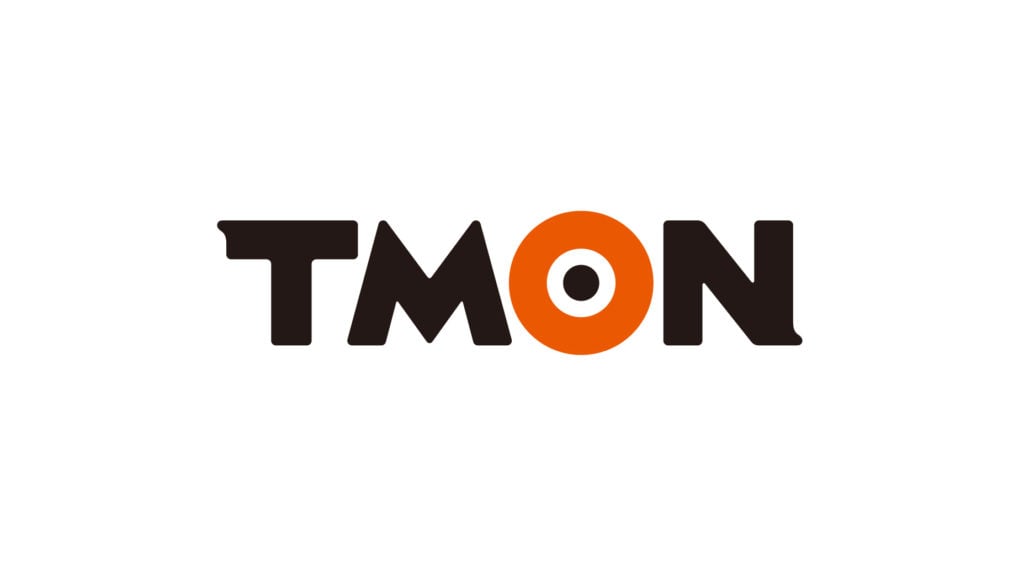
TMON (formerly known as Ticket Monster ), a South Korean social commerce company, has given up the label “time commerce” (extra-low price sales for a specific time). Time commerce was a symbol of TMON, which said it would pursue fun shopping through various time deals. Because a basic ultra-low price sale has difficulty in breaking through the intense competition in e-commerce, Timon intends to provide ‘fun to buy’ content other than time commerce. In terms of sales, content that has previously been created with influencers is having great success in getting new clients.
Conclusion
South Korea has made fast progress in the digital marketing and eCommerce industries. One good example is how they have used “virtual humans’ for advertising. It has become so popular that these ‘virtual idols’ are now entering the South Korean music arena. The ‘virtual pets’ have also become more popular among the MZ generation compared to others. To add to the virtual world, Cyworld is expecting to release its revamped app soon after Apple and Google review. Instagram has also introduced a new feature that would allow users to like status without the hassle of sending DMs.
While the virtual world is taking over in some industries, the distribution industry has decided to use pop-up stores to generate new customers. This is not just to sell products, but to provide opportunities for consumers to produce social media content while they shop. Another retailer TMON has decided to give up its signature “time commerce” tag and experiment with new techniques to increase sales. While South Korean businesses are developing new marketing strategies, Google has also announced that it intends to move forward with AI development to make sure that it retains its position as the search engine leader despite Amazon’s interest in the field.
We hope that these updates brought you some valuable insights into the digital marketing landscape of South Korea. Stay with us for more insights!
